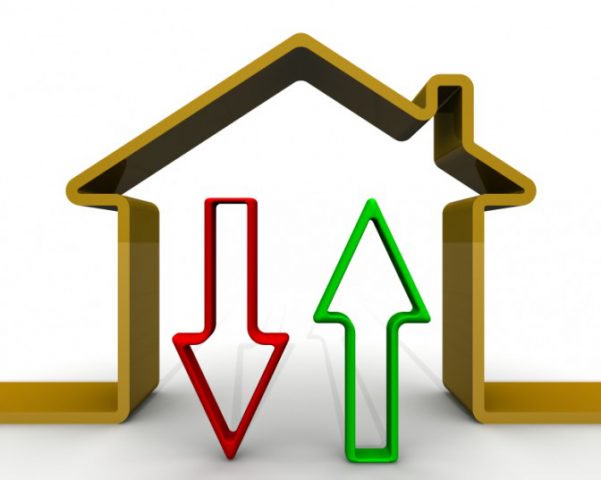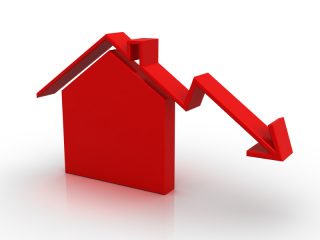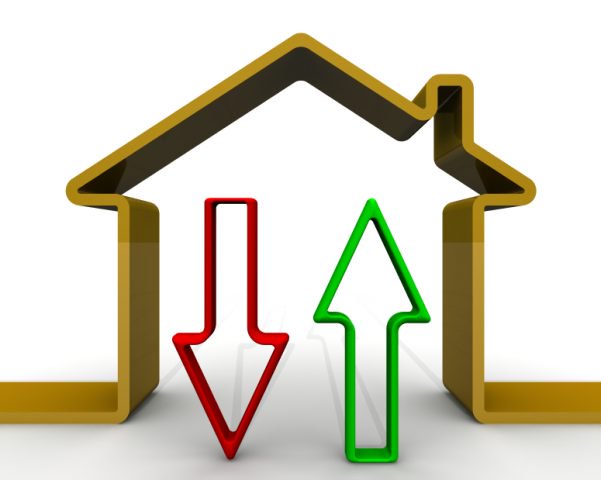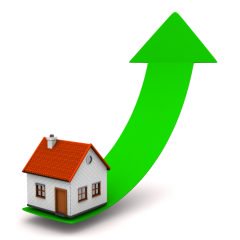Slow growth in London dragging national levels down
The most recent analysis released by Home.co.uk has shown that property price growth in London is in decline. On the other hand, prices in the North and South West and the Midlands are thriving and in turn upping the national average figure.
Substantial price growth, that above the rate of monetary inflation, is apparent in only four English regions.
Northern Rising
Trends towards improved market conditions in the North are continuing, with property marketing times improving significantly. In the region, higher demand and limited supply has pushed prices higher during the last month.
The North West is leading the way, with annual growth of 3.7%, followed by Yorkshire, which recorded 2.9%. The North East has seen marketing times return to levels seen in 2008.
The East of England is still heading the regional league table for price growth, closely followed by the East Midlands, the South West and West Midlands. All of these regions are showing growth on or above the rate of inflation. What’s more, in all regions apart from the East, marketing times are either the same or lower in comparison to June 2016 levels.

Slow growth in London dragging national levels down
Dragging
Overall, the national figures for growth will represent a static market. Despite recent price rises in these regions indicate that confidence is high, the dragging of prices seen in Greater London suggests that the trend towards zero year-on-year price growth is almost inevitable.
In addition, rising inflation due to a weaker post-Brexit means that overall capital values will show no rise in real terms.
Looking ahead towards the back end of the year it is expected that prices in London and the South East will fall – causing a negative impact on national figures. In June 2016, the yearly rate of increased home prices was 6.8%. Today, that figure stands at just 2.8%.



